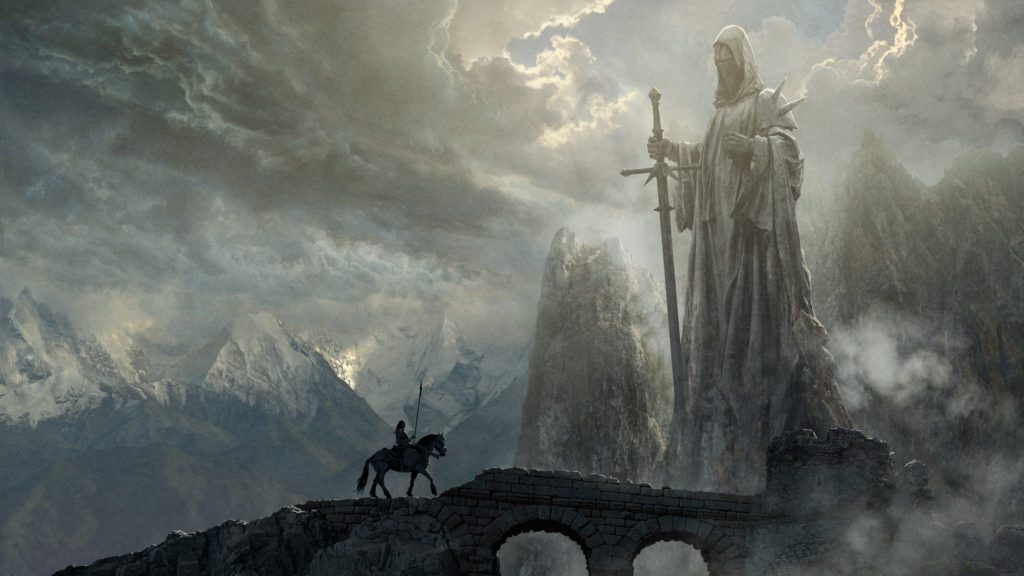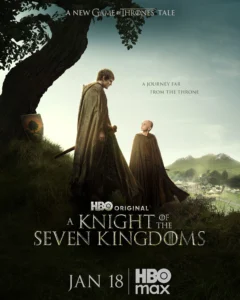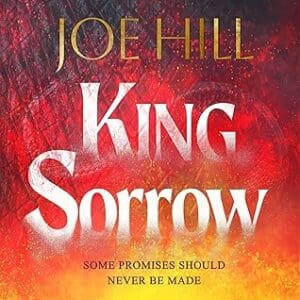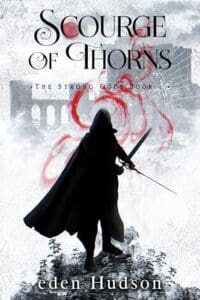
Worldbuilding is a crucial element of all storytelling.
And I don’t just refer to speculative fiction’s building of worlds unknown, but rather to the space the novel’s characters inhabit, be it familiar or unfamiliar.
The worldbuilding elements tell us about not just about our characters’ environment, but how they react to the space, how it affects them, and how far its rules can bend to accommodate their needs.
The world of my novel, The Second Bell, is small, in spite of its sweeping landscapes. The two main protagonists, Miriat and her daughter Salka, are battling to survive in a world which either rejects them completely, or demands impossible sacrifices. The two small communities they interact with are claustrophobic, cut off from the wider world.
But I’d argue creating a small world needs just as much thought as planning out a larger one, because no matter its size, it needs to feel complete.
The decision of scale is of course a vital one. How far-reaching is the main character’s influence, and how much does the wider world influence them? Worldbuildling for an epic quest will look different to that of an intimate single-community coming-of-age story.
But I do believe that the worldbuilding elements needing consideration are much the same. For example, politics is something present in all communities, big and small, and even within individual households. After all, politics isn’t just about nation-building and diplomacy. It’s about power. Who has it? Who craves it? How is it bestowed: by lineage, tradition, popularity, brute force? Politics is also, necessarily, about the economics: who has how much and how does it influence their life and relationships with others? And wealth doesn’t have mean living in a palace or having servants. The relativity of perception is important here. In The Second Bell a possession of a single goat can change the fortunes of a family. A solid doorframe is a luxury.
Sensory descriptions are very important to me when writing, as I feel it’s what best transports us into the world of the novel; it fills in the gaps in the reader’s mental picture. For no matter how complex the political or social scene of your novel, it’s the small things that help us understand the world. The snow can crackle under the character’s feet, telling us the climate is bitingly cold and dry. Or it can squelch and stick to her snowshoes, slowing her down and seeping moisture through the clothes. The food the character eats can be flavoured with spices and herbs no matter the season, telling us the people populating the story have ample time for cooking and herb preservation as well as a wealth of ingredients to choose from. The luxury of comfort food can be taken for granted or yearned for in the lean years.
The smells present in the environment can speak of poverty or riches, the social make up of the community, and the attitudes the characters have towards each other.
When Miriat and her infant daughter are banished from the human town, the first thing she notices about the striga village is the pervasive smell of goats, the sour milk stench, which years later, to her daughter, denotes comfort and security. In contrast, when Miriat’s daughter first sets foot in the human town, she wrinkles her nose at the stench of too many humans in close proximity to each other, with the smells of the gutters and the sewage, and she compares it unfavourably to the crispness of the mountain air of her home.
The interconnectedness of the different elements of the characters’ environment within the novel is what draws me in the most. A complete world is one where the different elements combine, through contrast or similarities, into a logical whole. A complete world is one we can believe in, no matter its scale.

About the Author
Gabriela Houston is a London-based writer. She was born in Poland and raised in a book-loving household on the nourishing diet of mythologies, classics and graphic novels. She had spent much of her early school years holed up in the library, only feeling truly herself in the company of Jack London’s trappers and Lucy Maud Montgomery’s red-headed orphan, among many others.
She came to the UK at 19 to follow her passion for literature and she completed her undergraduate and Masters degrees at Royal Holloway, University of London.
After her studies she worked in publishing for a few years. She now lives with her family in Harrow, where she pursues her life-long passion for making stuff up.
She’s represented by John Baker from Bell Lomax Moreton Agency.
Her debut Slavic Fantasy novel THE SECOND BELL came out in March 2021 from Angry Robot Books.
She’s the cohost of a YouTube channel, Bookish Take, which focuses on a writer’s journey from the initial idea through to the publication process and beyond!
Twitter: https://twitter.com/GabrielaHouston
Website: https://www.gabrielahouston.com/
Amazon: https://amzn.to/3xbnd6M




Leave a Reply